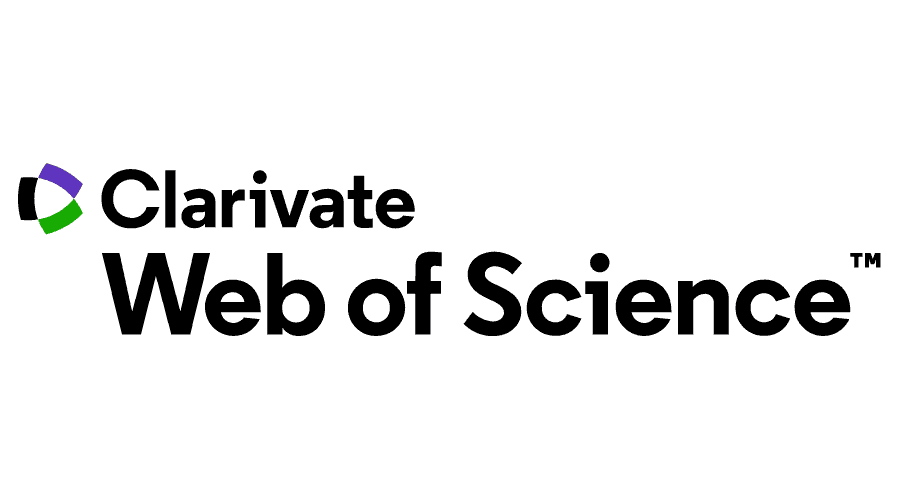Abstract
Research Aims: This study aims to highlights the role of innovative work behavior (IWB) in determining task performance. The main antecedents of IWB, namely work autonomy and individual global mindset, are discussed, as well as how these two key factors will detemine the degree of individual innovative behavior. Design/Methodology/Approach: This study uses a cross-sectional design with convenience sampling methods to collect primary data and Structural Equation Modelling (SEM) to test the hypothetical model and analyse the data. Research Findings: As many as 309 points of data were received; following screening and selection protocols, the final dataset consisted of 284 responses from employees in innovation center units of a leading ICT company in Indonesia. Findings of this study indicate a positive effect of work autonomy, individual global mindset, and task performance with regard to the mediating effect of IWB. Theoretical Contribution/Originality: This study contributes in defining the positive effects of work autonomy and individual global mindset on IWB and closing the gap regarding the role of IWB in mediating the effect of work autonomy and individual global mindset upon task performance. Managerial Implications in the Southeast Asian Context: As the local market is no longer sufficient to achieve further growth, competing firms need to enter the international or global market; this can be achieved through improved performance resulting from highly innovative behavior. Research Limitations & Implications: Limitations include the limited response rate due to the work-from-home policy during the pandemic, as well as generalizability issues. The current study invite further exploration in terms of the possibilities to elaborate more antecedents for innovative work behavior.
Recommended Citation
Pusparini, Elok Savitri and Aryasa, Komang Budi
(2021)
"Entering the Global Market: The Role of Work Autonomy and Individual Global Mindset as Antecedents of Innovative Work Behavior in Defining Employee Task Performance,"
The South East Asian Journal of Management: Vol. 15:
No.
1, Article 6.
DOI: 10.21002/seam.v15i1.13411
Available at:
https://scholarhub.ui.ac.id/seam/vol15/iss1/6
Included in
Management Information Systems Commons, Management Sciences and Quantitative Methods Commons












